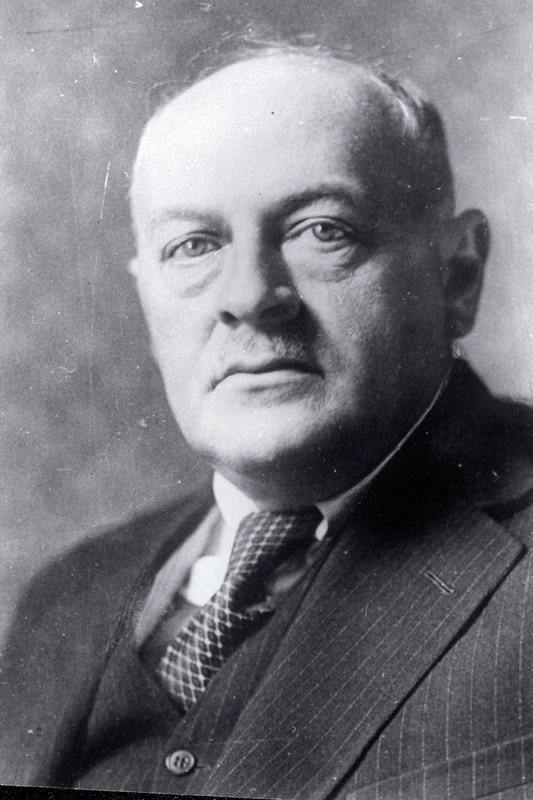19 Juin Max Scheler dans les débats sur l’Europe
Congress of the Max-Scheler-Gesellschaft /
German-French Workshop for Young Scholars
«Max Scheler in the Debates on Europe»
Paris, Sorbonne Université, June 16-18, 2022
Thinking about Europe in the period between the two World Wars has already been carried out many times, but mainly as a prehistory of the process of European unification, seen primarily as a political and economic project. Less attention has been paid to the philosophical and intellectual roots of the various ideas of what constitutes Europe. In these days when the European Union and liberal democracy are again being challenged, it is important to reconstruct the debates of the 1920s and 1930s; among other things, for a better understanding of the current situation. At the end of her book on German concepts of Europe, Vanessa Conze rightly called for more attention to the historical «ideas of Europe», and the recent publication of a philosophical handbook on Europe confirms the relevance of the issue.
The importance of Max Scheler (1874-1928) in the debates on Europe in the interwar period has rarely been appreciated to date. However, it is an undeniable fact that, as a philosopher, Max Scheler was embedded in a broad European intellectual context, as his sustained interest in French philosophy and the reception of his works in various European countries shows. He was involved in numerous European philosophical networks and collaborated with journals which placed the European idea at the centre of their editorial programmes. It is highly significant that Scheler, together with other thinkers, developed an original concept of European identity, while criticising Eurocentrism and analysing the globalisation of the world. Max Scheler’s thinking about Europe, which emerged during the First World War, continued to develop in the post-war and inter-war years. Accordingly, the aim of this colloquium/congress is to analyse the European dimension in Max Scheler’s philosophy, and to contextualise it within the broader intellectual debates on Europe.
Documents joints


